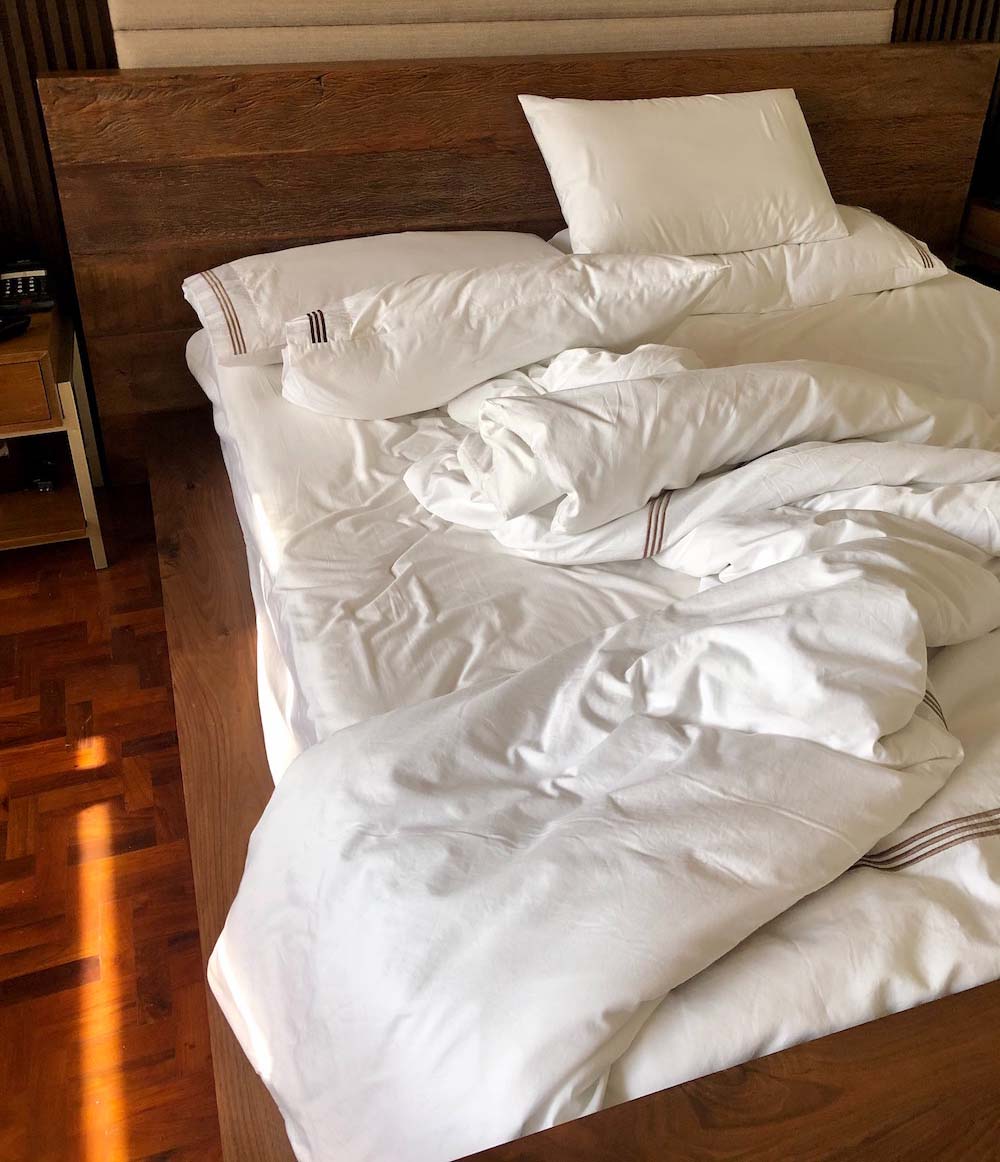We all know that the world could use a little more kindness. The #BeKind movement took off on social media some months ago, and we at Selfish Darling are here for it. Kindness is what makes the world go round – but regretfully goes underestimated and downtrodden these days.
At the same time, some people dedicate so much of their time and energy to showering others with kindness, that they forget to also be kind to themselves. As discussed in my previous article on becoming a “selfish activist” – fighting for what you believing while avoiding that counter-productive compassion fatigue – is tricky but possible. You can care deeply about both the world and yourself. In fact — without the former, then concern for the latter becomes obsolete. In other words – you can’t pour from an empty cup.
As with most things – it’s all about balance.
So how can you show more kindness – both to the people around you and to yourself? Well, here are a few tips to get you started:
The importance of Kindness
Of course, kindness is important. I don’t have to tell you that! The world may seem like a harsh place, but if it was completely devoid of kindness, then we would really know about it. Luckily, some kindness still seems to seep through the cracks – and you should definitely hold on to your inner yearning to be kind and compassionate.
The backbone of kindness is empathy. This ability to put yourself in others’ shoes – to really imagine how they must feel and what it would be like to be in their position, is what makes us human. And without this ability to empathise, we cannot function as normal members of society. Most likely, you have the natural ability to empathise. But many of us learn to look past this intrinsic behaviour as we are told we must put ourselves first, “it’s a dog-eat-dog world,” after all.
That may well be the case, but I propose that kindness still makes the world go round. Of course, here at Selfish Darling we are all for putting oneself first when the time is right. We cannot live exclusively for the needs of others or we will break down, or burn out. But nor can we live exclusively for ourselves, or any pleasure we reap will be incomplete. We feel the best when we not only take care of our own needs, but also those of others.
How we can all be kinder
We could probably all be kinder. Whether it’s to our parents, our friends, or to the strangers you come across each day. When’s the last time you were the recipient of a random act of kindness? It may have been a simple smile or compliment from a passer-by, or an unexpected gift from a friend or partner. It’s not the compliment or the gift that gives you that warm fuzzy feeling – it’s that someone was thinking of you, or sending positive vibes your way for no real reason at all.
On the reverse side, researchers also found that acts of kindness like this are followed by a feeling of happiness on the side of the giver. It is a win-win situation – both parties feel a little spark of joy, and both are inspired to spread the kindness further. Psychologists call this the ‘helper’s high’.
So what are you waiting for?
There are, of course, some precautions to take before you rush off to sprinkle kindness willy-nilly…
How to be kind without being taken advantage of
We are now often led to believe that being kind equates to being a pushover. This implies that you’re easily defeated or taken advantage of. You do things you don’t want to do because you’d rather this than face confrontation. Your default mode is one of people-pleasing and obedience. And you tell yourself that you shouldn’t stand up for your opinions, perspectives, or ideas, at risk of offending others or drawing too much attention to your own thoughts and needs.
Unfortunately, research shows that women tend to be particularly hesitant to stand up for themselves. One reason women tend to be chronic, selfless, people-pleasers is their tendency to avoid conflict at all costs – even when the cost is their own comfort or needs. However, the stress that is associated with not speaking up is often much higher than any potential conflict that could arise. And let’s be honest – being true to ourselves is worth fighting for, anyway.
Conflict is not so terrible, after all. In fact, it’s a necessary and inevitable part of life. So instead of thinking of conflict as a negative part of life, consider it an opportunity for two people with different ideas, opinions, and perspectives to live alongside each other harmoniously regardless. It’s not the end of the world if you disagree. It needn’t lead to a big blow-out or an end to any sort of relationship. You can stand up for your beliefs in a respectful way, agree to disagree, and feel that you haven’t sold yourself short – both in terms of your needs and your desire to keep the peace.
Balancing kindness and selfishness
Many of us are caught up in a catch-22 between being nice to others and standing up for ourselves. It often feels like we must make a choice, and cannot be both kind and assertive.
But of course you can show compassion to both yourself and those around you – you don’t just have to pick one! I propose that actually, by being more assertive, you are actually being kinder in the long run – on both of these fronts. You can’t pour from an empty cup, just as you can’t light a candle with a burnt-out flame…
Also, by being a pushover, resentment will only build up inside of you, affecting both your mental health and your relationships.
So next time you find yourself in this tricky situation, stuck between the wrath of others and that of your own consciousness, try to express that thought that’s niggling inside, but in a kind and respectful way. Remember that self-love and self-care are necessary in order for you to muster up any kindness to give. And regard the act of being kind to yourself as simply another act of kindness among the others you show to those around you each day.






